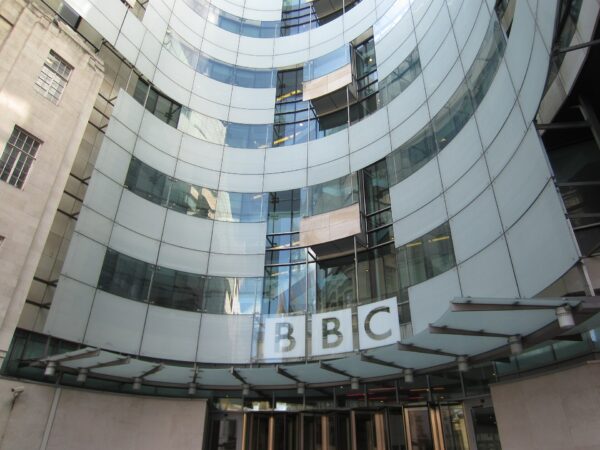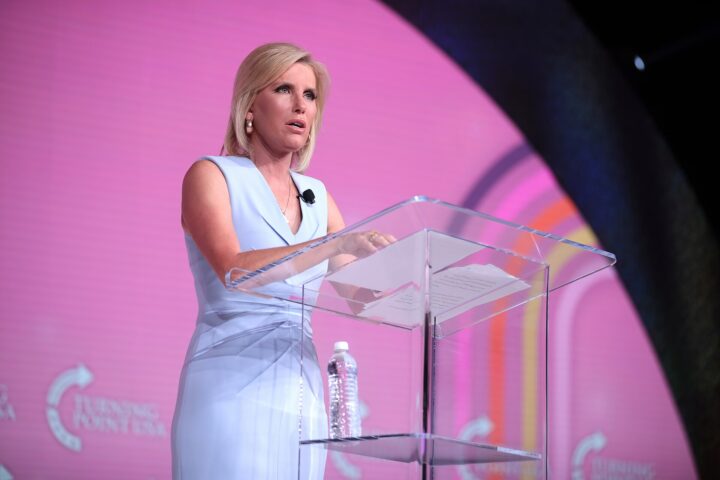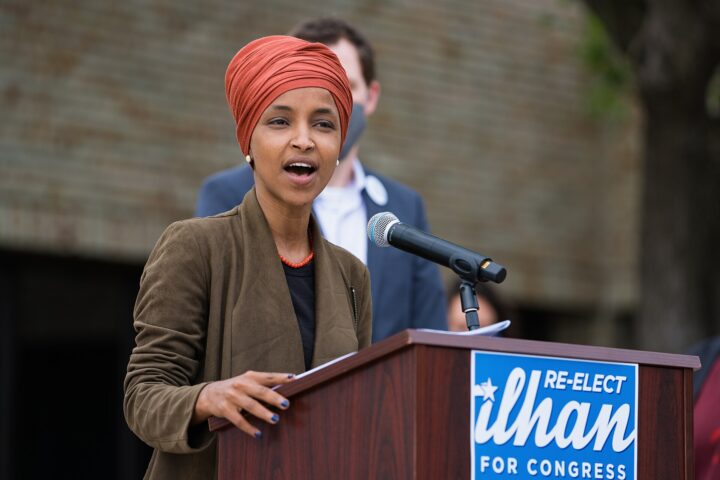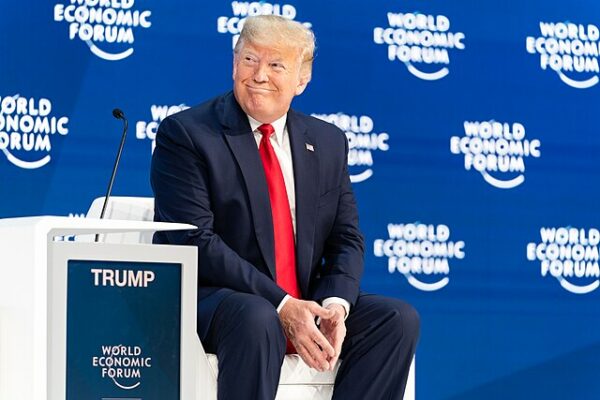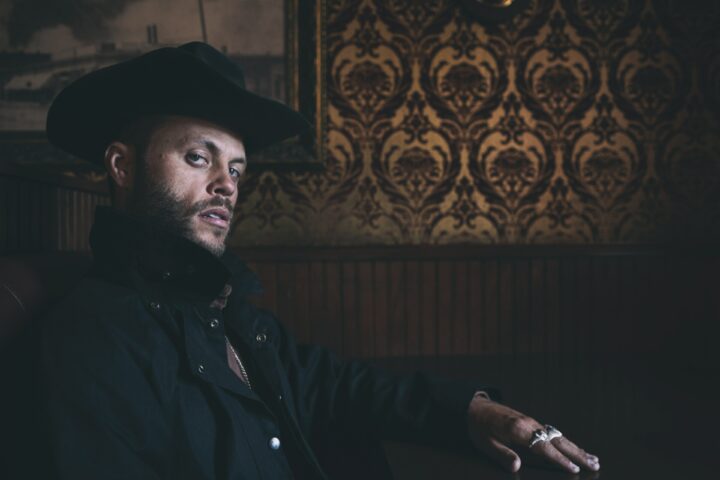The BBC, Britain’s public broadcaster, is now reportedly under mounting scrutiny after the U.S. Federal Communications Commission opened an investigation into the network’s handling of a January 6, 2021, speech by President Donald J. Trump. The inquiry centers on edited footage that, according to federal officials, portrayed Trump delivering a line he never actually said.
FCC Chairman Brendan Carr detailed the concerns in a letter to the outgoing BBC director-general, Tim Davie. Carr wrote that the altered clip amounted to “publishing a materially false and damaging statement,” a charge that has placed the broadcaster at the center of an escalating transatlantic controversy.
The fallout has quickly expanded into legal territory. The BBC now faces a significant lawsuit, with Trump potentially seeking damages in the billions. David Maddox, political editor at The Independent, argued that the edited footage has placed the broadcaster in an untenable position, remarking that the BBC “has shot itself in the foot” by stitching together pieces of the speech to make it appear as though Trump issued a direct call for violence. “Donald Trump’s going to sue them for a huge amount of money,” he warned.
The broadcaster has issued an apology, describing the edit as an “error of judgment.” Samir Shah, the BBC’s India-born chairman, acknowledged that the footage conveyed “the impression of a direct call for violent action.” But the BBC has also pushed back against the growing legal threat. A spokesman for the organization insisted the corporation “strongly disagree[s] there is a basis for a defamation claim,” signaling that the broadcaster may resist any effort to seek financial penalties.
Even so, the controversy has triggered immediate upheaval inside the BBC. Director-General Tim Davie and newly appointed chief Deborah Turness both resigned as criticism of the BBC’s editorial standards intensified. Their departures mark a rare instance in which the network has seen its top leadership forced out over concerns about accuracy and impartiality — issues that critics say have plagued the corporation for years but have rarely resulted in such sweeping consequences.
Attention has also turned to the political leanings of senior BBC figures. One board member, Muriel Gray, previously referred to Trump as a “howling idiot,” a remark now resurfacing as lawmakers and commentators question whether the BBC’s internal culture has compromised the network’s editorial neutrality. Additional reports have emerged suggesting that other clips of Trump have been similarly altered, raising broader questions about the broadcaster’s practices and whether the editing of the January 6 footage was an isolated lapse or part of a pattern.
For now, the FCC’s investigation and the looming lawsuit place the BBC in a precarious position. While the broadcaster maintains that the error was unintentional and not defamatory, the repercussions — from leadership upheaval to transatlantic political scrutiny — reflect the seriousness of altering the recorded words of a sitting U.S. president.
[READ MORE: Florida Democrat Accused of Diverting FEMA Funds to Boost Congressional Campaign]

